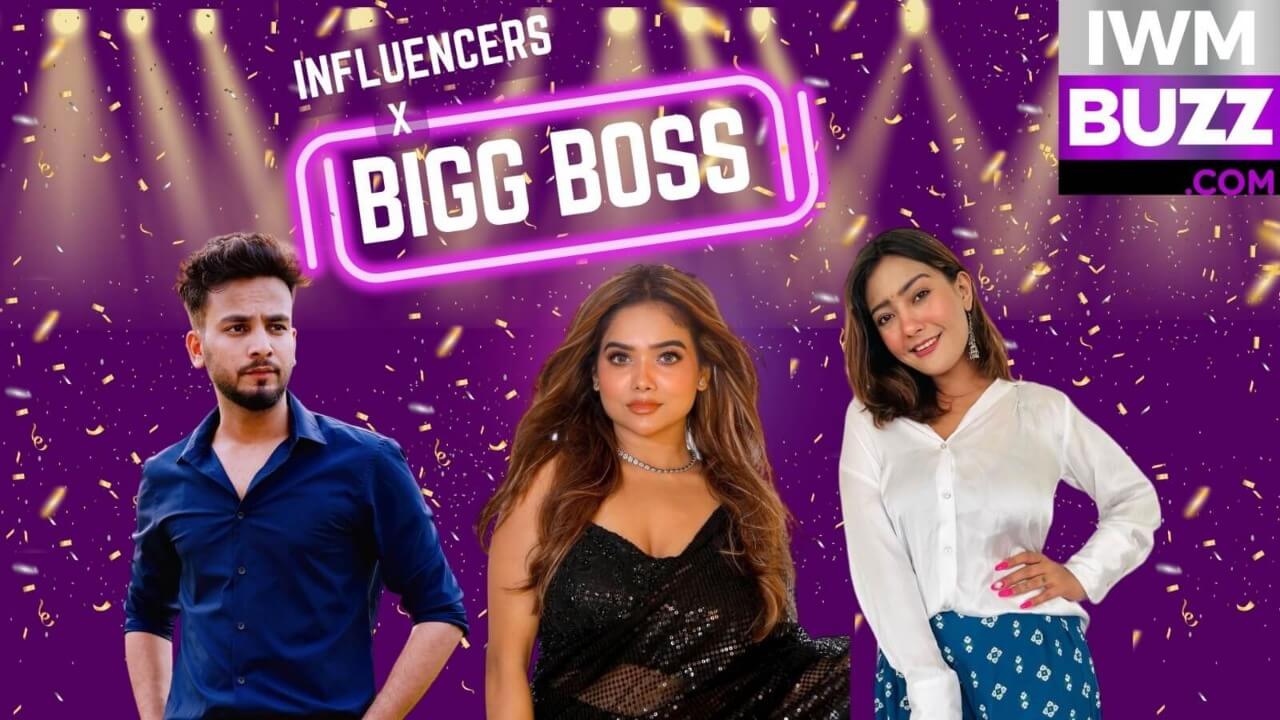Picture this: a world where the coolest celebrities aren’t just the ones walking the red carpets or gracing the silver screen. Nope, we’re talking about a new breed of coolness – the influencers. These digital trendsetters are like the rockstars of the internet, and they’ve done more than just shake things up; they’ve sent the marketing world into a delightful tailspin.
Remember the good old days when marketing meant having the likes of Shah Rukh Khan or Madhuri Dixit flashing dazzling smiles on our faces, persuading us to buy just about anything? Well, fast forward to today, and that narrative has had a major makeover. The ‘who’s who’ of marketing has now expanded to include the ‘who’s that’ of the internet, and boy, have they turned the game on its head.
In a world where influencers rule the digital domain, it’s not about star-studded billboards or glamorous TV spots anymore. Nope, it’s about the art of influence and a phenomenon known as ‘influencer marketing’ that’s changing the game, one post at a time.
But hold on to your fedoras because this isn’t just about businesses trying to sell stuff. Influencers are making waves in the entertainment industry too. Your favourite TV shows? Yeah, they’re getting a digital facelift, thanks to these internet rockstars. It’s like they’ve traded their virtual backstage passes for a front-row seat in shaping pop culture.
This transformation in the language of marketing is like a rollercoaster ride; it’s exciting, a tad dizzying, and it’s changing how businesses and tech gurus approach their marketing strategies. So, let’s unpack this phenomenon, shall we? –
…
The winds of change have swept through the realm of reality television, and the epicentre of this transformation is none other than the iconic show Bigg Boss. This year, the show has pulled off a daring pivot, shifting its gaze from hosting traditional celebrities and TV personalities to spotlighting influencers, collaborating with Elvish Yadav, Puneet, Aashika Bhatia and others. It’s a change driven by the tides of Gen Z and the burgeoning youth generation, who have crowned influencers as their modern-day idols.
Unlike the era of yesteryear, where celebrity endorsements reigned supreme, influencers now rule the roost. These digital trailblazers have built vast kingdoms of followers on social media, establishing direct connections with impressionable young minds. The influencers’ unique appeal lies in their authenticity and relatability, qualities that resonate profoundly with the younger demographic.
Bigg Boss has read the room and made a savvy move by embracing influencers. The rationale is clear: With the youth generation’s penchant for social media and their voracious appetite for content from their favourite influencers, it was time for Bigg Boss to catch up with the zeitgeist. The show’s pivot towards influencers is not just about staying relevant; it’s about staying essential in the eyes of the youth.
The impact of this shift extends beyond the confines of Bigg Boss’ colourful house; it’s a tectonic tremor felt throughout the traditional entertainment industry. In the age of Instagram, TikTok, and YouTube, influencers have emerged as the bridge between content creators and consumers. Bigg Boss recognized the potency of this bridge, and by collaborating with influencers like Puneet and Elvish Yadav, it has secured a treasure trove of advantages.
Firstly, influencers bring to the table a legion of devoted followers. This ready-made audience opens the doors to a broader viewership base for Bigg Boss. The influencers’ magnetic influence works wonders, creating the ultimate crescendo around the show that reverberates across social media platforms. Hashtags trend, debates rage, and fan fervour intensify, all of which are critical for driving higher TRP ratings.
Bigg Boss’ embrace of influencers is more than just a strategic move; it’s a lifeline to attune and burgeon in the ever-evolving media landscape. By tapping into the influencers’ popularity and harnessing their connection with the youth, Bigg Boss ensures its continued dominance as a leading entertainment platform. In this digital age, where attention is the currency, the show has wisely invested in influencers – the true currency of influence in the Gen Z era.
…
But what about the challenges?
One! There’s the culture clash. Influencers come from all walks of life, and they’ve built their followings on their unique niches. Making sure their presence aligns with the show’s cultural values and norms can be tricky. It’s like blending two different flavours and hoping for a perfect match.
Two! Audience reception is another hurdle. Just because influencers have armies of fans doesn’t mean everyone in the TV audience knows or loves them. This mix of fan excitement and viewer disconnect can create quite the buzz, and not always in a good way.
Three! Last but not least is social media. Influencers are social media wizards, and they can either boost the show or bring a storm of controversies with a single tweet. Managing online discussions and keeping the social media ship steady is no small feat.
So, what do we infer?
While bringing influencers into iconic television shows can breathe new life into the format and attract younger audiences, it comes with a set of unique challenges. Successful integration requires careful planning, clear communication, and adaptability on the part of both the show’s producers and the influencers themselves. Balancing authenticity, entertainment value, and the show’s core values is key to overcoming these challenges and making the collaboration a success.

